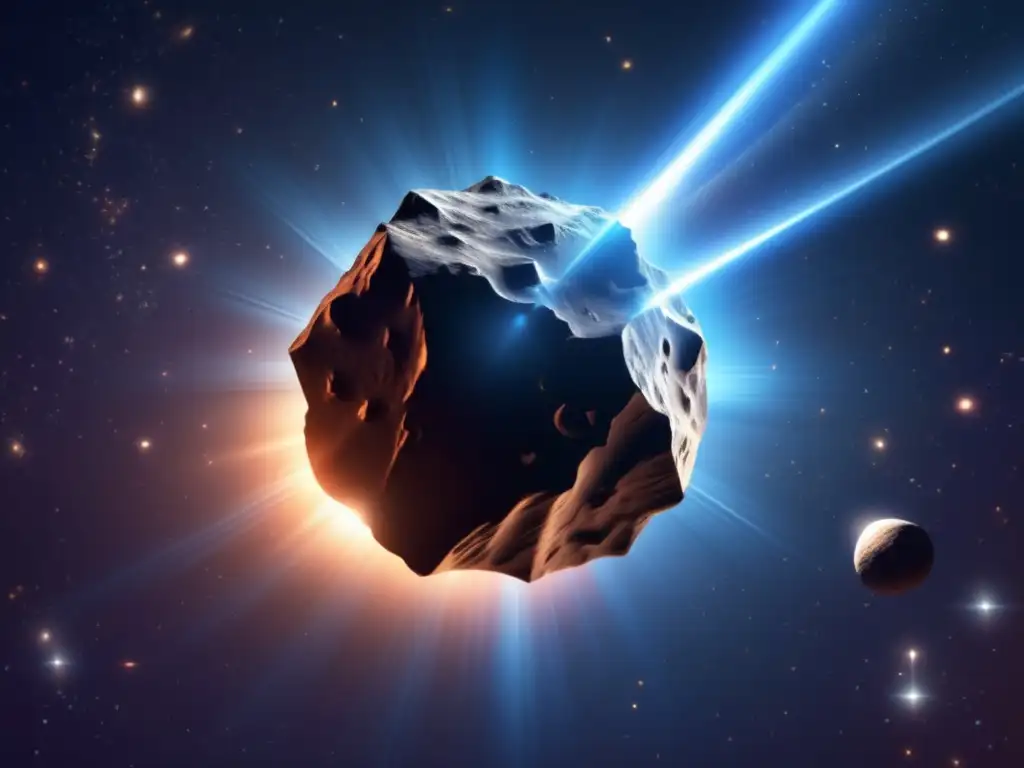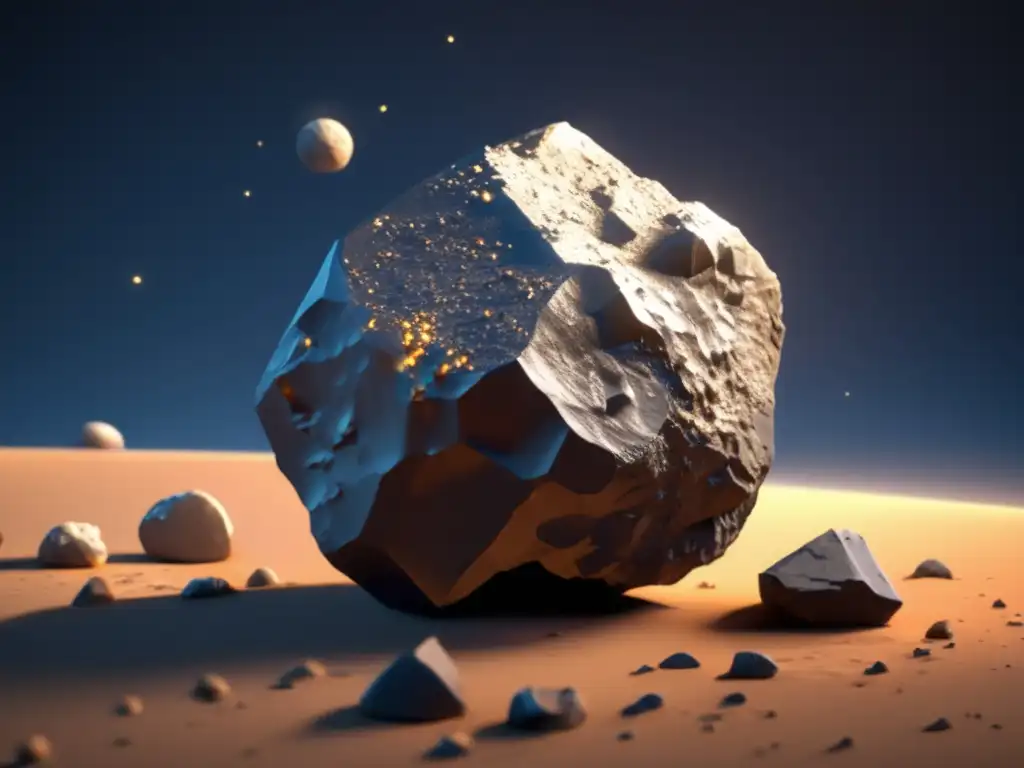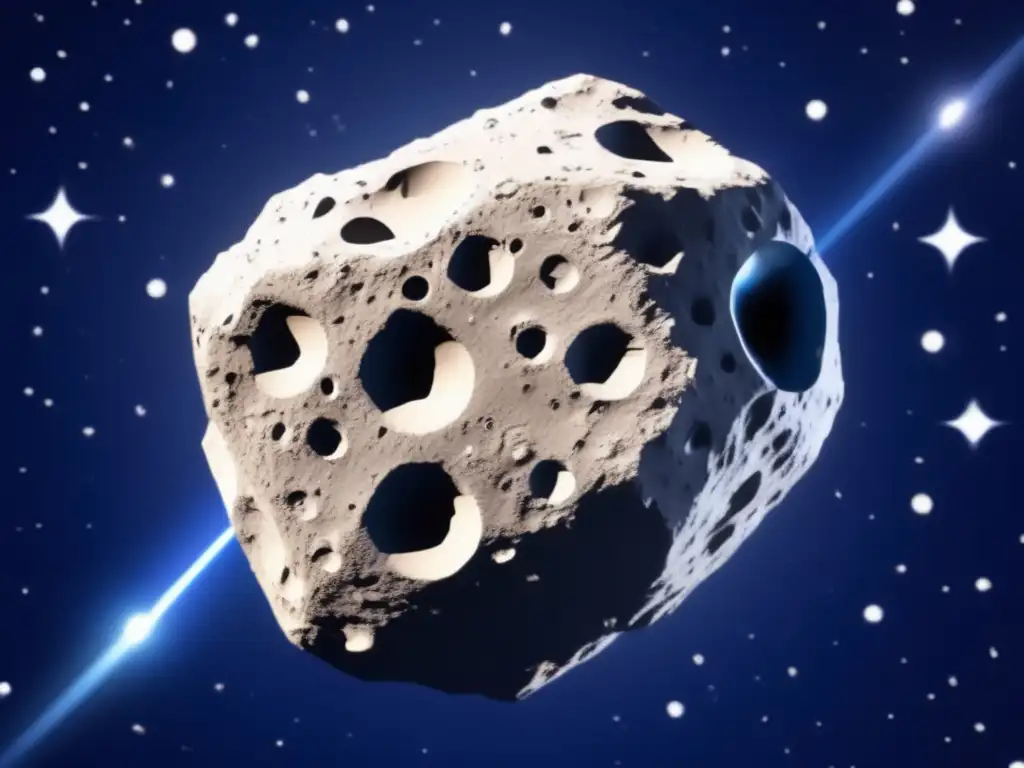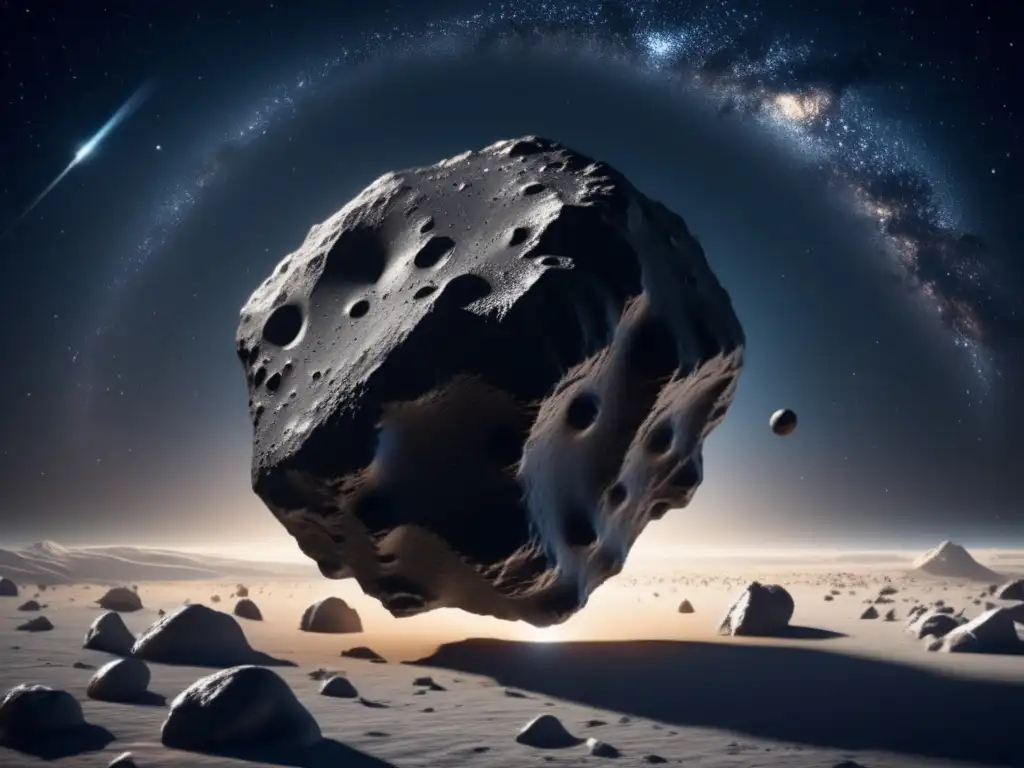Philosophia: The 300th Asteroid And Its Discovery

Introduction
Asteroid Realm is excited to share the discovery of Philosophia, the 300th asteroid. It was discovered on January 5th, 1890 by Auguste Charlois, a French astronomer who named it after philosophy, the study of the fundamental nature of knowledge, reality, and existence. Philosophia has a diameter of approximately 52.1 km and orbits the sun between Mars and Jupiter.
Background Information

History of Asteroid Discoveries
The first asteroid to be discovered was Ceres, which was found in 1801. After that, astronomers began finding many small objects orbiting between Mars and Jupiter. These objects were initially called dwarf planets, but they are now more commonly known as asteroids. Over the years, astronomers have discovered thousands of asteroids, each with unique characteristics and features.
Importance of Philosophia's Discovery
The discovery of Philosophia marked an important milestone in the study of asteroids. It opened up new avenues of research into the nature and composition of these objects. Philosophia is classified as a C-type asteroid, which means it is composed primarily of carbonaceous materials. This classification is significant because carbonaceous asteroids are thought to contain organic materials that may have played a role in the development of life on Earth.
The Naming of Philosophia
Auguste Charlois named Philosophia after the study of philosophy because he believed that the discovery of a new asteroid was a significant philosophical event. Charlois saw the discovery of an asteroid as a reminder of how vast and mysterious the universe is and how much we still have to learn about it.
Characteristics of Philosophia

Physical Characteristics
Philosophia has a diameter of approximately 52.1 km and is one of the largest C-type asteroids. Its surface is covered in dark, carbonaceous materials that are thought to have formed in the early solar system. These materials are also responsible for its low albedo, which means that it reflects very little light.
Orbit and Rotation
Philosophia orbits the sun between Mars and Jupiter, completing one orbit every 4.58 years. Its rotation period is around 8.95 hours, and its semi-major axis is approximately 2.7 astronomical units from the sun.
Composition
As mentioned earlier, Philosophia is classified as a C-type asteroid. These types of asteroids are known to be rich in carbonaceous materials, including organic compounds. This makes them particularly interesting to study, as they may contain clues as to how life originated on Earth. Additionally, they are known to contain water, making them potential targets for future asteroid mining missions.
Future Implications of Philosophia's Discovery

Asteroid Mining
As mentioned earlier, C-type asteroids like Philosophia are thought to contain water, as well as other valuable minerals and resources. In the future, it is possible that asteroid mining could become a reality, providing a new source of valuable resources for humanity.
Impact Prevention
Another reason to study asteroids like Philosophia is to better understand their orbital paths and potential impact risks. By studying these objects, astronomers can identify potential dangers and take steps to prevent catastrophic impacts that could cause widespread damage and loss of life.
Further Exploration
The discovery of Philosophia and other asteroids like it has sparked renewed interest in the exploration of our solar system. By studying these objects, we can gain a better understanding of the early solar system and how it developed over time. Additionally, exploring asteroids like Philosophia could provide valuable insights into the origin of life on Earth and the potential for life elsewhere in the universe.
Frequently Asked Questions

-
What is Philosophia?
Philosophia is the 300th asteroid to be discovered and is classified as a C-type asteroid.
-
Who discovered Philosophia?
Philosophia was discovered by Auguste Charlois, a French astronomer, on January 5th, 1890.
-
Why was Philosophia named after philosophy?
Auguste Charlois named Philosophia after philosophy because he believed the discovery of a new asteroid was a significant philosophical event.
-
What is a C-type asteroid?
A C-type asteroid is a type of asteroid that is primarily composed of carbonaceous materials.
-
Why are asteroids like Philosophia important to study?
Asteroids like Philosophia are important to study because they may contain clues as to how life originated on Earth, as well as valuable resources that could be mined in the future.
Conclusion
The discovery of Philosophia marked an important milestone in the study of asteroids. Its classification as a C-type asteroid, rich in carbonaceous materials, has sparked renewed interest in the study of these objects and their potential impact on our planet. The study of asteroids like Philosophia may hold the key to understanding the early solar system, the origin of life on Earth, and the potential for life elsewhere in the universe.
Thank you for taking the time to read about Philosophia and its discovery. Please feel free to share your thoughts and comments in the section below, and be sure to explore www.asteroidrealm.com for more fascinating information on asteroids and space exploration.
Additional Resources

 Psyche: The Metal World Discovered By Annibale De Gasparis
Psyche: The Metal World Discovered By Annibale De Gasparis The Tale Of Two Observatories: Discovery Of Juno
The Tale Of Two Observatories: Discovery Of Juno 1999 RQ36: Unraveling The Origins Of Bennu
1999 RQ36: Unraveling The Origins Of BennuIf you want to discover more articles similar to Philosophia: The 300th Asteroid And Its Discovery, you can visit the Asteroid Discoveries category.
Leave a Reply

Articulos relacionados: